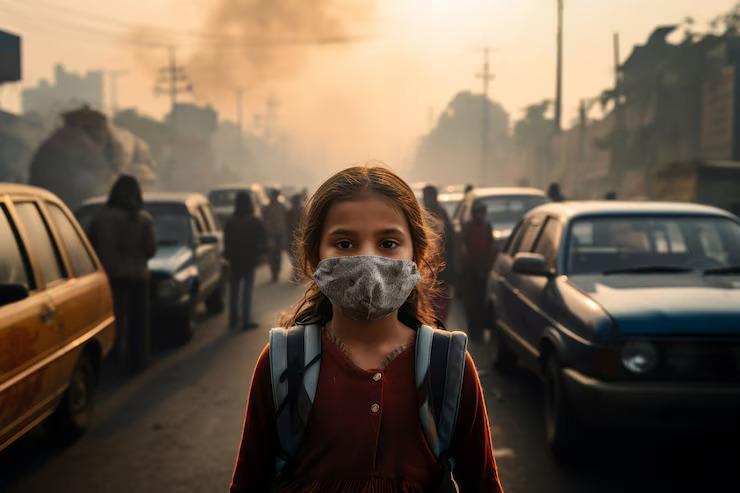
Child Wellbeing in Rich Countries Suffers Setbacks Post-Pandemic
The COVID-19 pandemic has brought about unprecedented challenges to societies around the world, leaving a lasting impact on the wellbeing of children in rich countries. A recent report has revealed that child wellbeing in these countries has suffered significant setbacks, with children falling behind in key academic skills like reading and math.
The report, which compares data from 2018 and 2022 across 43 countries, highlights the stark reality that despite being some of the wealthiest nations in the world, rich countries are failing to provide a secure and nurturing environment for their children. The Netherlands and Denmark continue to top the list as the best places to be a child, followed closely by France. However, the pandemic has caused a significant decline in the wellbeing of children in these countries, with the average child falling behind by an average of seven months to a year in key academic skills.
The report, which was conducted by a team of researchers from the University of California, Berkeley, and the University of Melbourne, analyzed data from a range of sources, including the Programme for International Student Assessment (PISA) and the Human Development Index (HDI). The findings suggest that the pandemic has had a disproportionate impact on the wellbeing of children in rich countries, with many experiencing significant declines in their academic performance, social skills, and overall health and wellbeing.
One of the most significant findings of the report is the decline in academic skills, particularly in reading and math. The data suggests that children in rich countries have fallen behind by an average of seven months to a year in these key subjects, with some countries experiencing declines of up to 18 months. This is a worrying trend, as it suggests that children are not receiving the education and support they need to reach their full potential.
The report also highlights the impact of the pandemic on the social and emotional wellbeing of children. The data suggests that children in rich countries are experiencing high levels of anxiety, depression, and other mental health issues, with many feeling isolated and disconnected from their peers. This is a worrying trend, as it suggests that children are not receiving the support and guidance they need to develop healthy and positive relationships with others.
The report also highlights the impact of the pandemic on the physical health and wellbeing of children. The data suggests that children in rich countries are experiencing high levels of obesity, diabetes, and other chronic health conditions, with many not receiving the physical activity and nutrition they need to stay healthy.
So, what can be done to address these issues and ensure that children in rich countries are receiving the support and guidance they need to thrive? The report suggests that governments and policymakers must take a range of actions to support the wellbeing of children, including:
- Investing in high-quality education and healthcare services
- Providing access to safe and nurturing environments for children to play and develop
- Supporting parents and caregivers in their role as primary educators and caregivers
- Addressing the root causes of poverty and inequality, which can have a significant impact on the wellbeing of children
In conclusion, the report highlights the significant challenges faced by children in rich countries in the wake of the pandemic. While some countries have made significant progress in addressing these issues, much more needs to be done to ensure that children are receiving the support and guidance they need to thrive. By investing in high-quality education and healthcare services, providing access to safe and nurturing environments, supporting parents and caregivers, and addressing the root causes of poverty and inequality, we can work towards creating a brighter future for all children.






